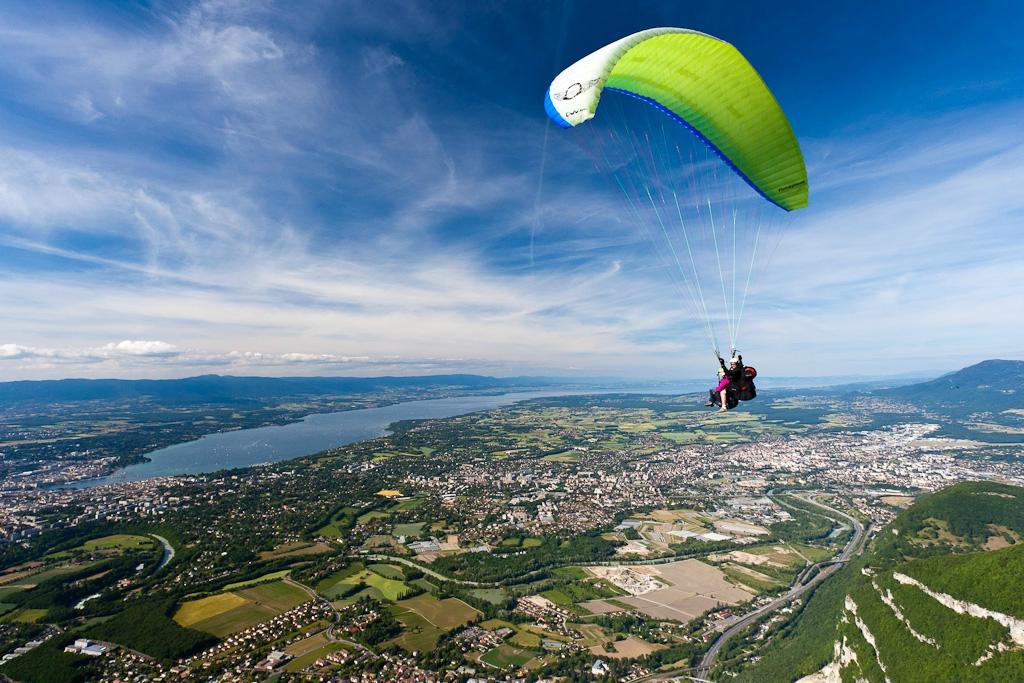Ideas and technologies for a next generation medical research and therapy facility with ions
ESI, Archamps
| The workshop series “Ions for cancer therapy, space research and material science” aims at highlighting the increasingly important interface between physics and its applications. Over recent decades, many important developments have been built on either basic physics principles or the tools developed to conduct physics research. Notable examples are diagnostic and therapeutic techniques such as particle therapy or innovations in space and material sciences. |
|
It is co-organised by CERN, one of the world's leading particle physics laboratory, and GSI, where ion therapy was pioneered since the early ‘90s, and it is hosted by the European Scientific Institute in its premises of Archamps, near Geneva, and focuses on innovative accelerator designs to exploit the potential of ion therapy for cancer treatment. |
|
The Workshop will bring together experts from operating ion facilities, scientific laboratories with interest in medical accelerator programmes, and the medical world, to jointly define the features of future ion accelerators. In particular, it will provide the opportunity for scientists of related disciplines to exchange ideas, share current experiences and explore future possibilities towards the design for a next generation medical research and therapy facility with ions in Europe. |
|
The Workshop will take place from 19th to 21st June 2018 and will be hosted at the European Scientific Institute (ESI) located in Archamps, France, in the vicinity of Geneva. |
 |
-
-
1
Meeting at CERN in front of Building 33, Reception
-
2
Guided visit of CERN historical synchrocyclotron
-
3
Free visit of Microcosm exhibition
-
4
Meeting point with the Bus at CERN Building 33, Main Reception
-
5
Trip to ESI Archamps
-
12:00
Buffet lunch
-
Session 1: Ion TherapyConvener: Louis RINOLFI (CERN / JUAS)
-
6
Welcome from Archamps MayorSpeaker: Xavier Pin (Mairie Archamps)
-
7
Welcome from ESISpeaker: Hans Falk Hoffmann (European Scientific Institute (FR))
-
8
Welcome from CERN and overview of CERN medical activitiesSpeaker: Frederick Bordry (CERN)
-
9
Welcome from organisers, practical informationSpeaker: Yiota Foka (GSI - Helmholtzzentrum fur Schwerionenforschung GmbH (DE))
-
10
Motivations and opportunities for a new PIMMS initiativeSpeaker: Maurizio Vretenar (CERN)
-
11
History and perspective of ion therapy acceleratorsSpeaker: Ugo Amaldi (TERA Foundation (IT))
-
12
Medical perspectives of ion therapySpeaker: Roberto Orecchia (IEO/CNAO)
-
13
Medical physics requests and challenges for future ion facilitiesSpeaker: Prof. Oliver Jäkel (German Cancer Research Center, Heidelberg)
-
6
-
Session 2: Experience and outlook from existing facilitiesConvener: Frederick Bordry (CERN)
- 14
-
15
Status and next steps within Heidelberg and Marburg therapy centresSpeaker: Thomas Haberer (Heidelberg Iontherapy Center)
- 16
-
17
The MedAustron experienceSpeaker: Peter Urschutz (F)
-
18
Ion therapy in JapanSpeaker: Koji Noda (National Institute of Radiological Sciences)
-
19
The role of ENLIGHT in Hadron TherapySpeaker: Manjit Dosanjh (CERN)
-
20
Dinner Restaurant Le Panoramique
-
1
-
-
Session 3: Initiatives outside and inside EuropeConvener: C Norman Coleman
-
21
Perspective and accelerator designs for ion therapy in the USASpeaker: Siegfried Glenzer (SLAC)
-
22
Ion therapy in ChinaSpeaker: Zhao Zhentang (SINAP)
-
23
Carbon ion therapy at LanzhouSpeaker: Hongwei Zhao (Institute of Modern Physics)
- 24
-
21
-
10:30
Coffee Break
-
Session 4: Linac and magnet technologiesConvener: Kenneth Richard Long (Imperial College (GB))
-
25
Ion sources and ion therapy linacs: designs and challengesSpeaker: Alessandra Lombardi (CERN)
-
26
Ion therapy linacs: the TERA experienceSpeaker: Alberto Degiovanni (CERN)
-
27
RF cavity designs for a ion therapy linacSpeaker: Alexej Grudiev (CERN)
-
28
Superconducting magnets and field controlSpeakers: Marco Buzio (CERN), Stephan Russenschuck (CERN)
-
29
Superconducting synchrotron and gantry based on canted cosine theta magnetsSpeaker: Elena Benedetto (TERA Foundation (IT))
-
25
-
12:45
Lunch Break
-
Session 5: Synchrotron technologiesConvener: Gianluigi Arduini (CERN)
-
30
Concepts and ideas for a new synchrotron designSpeaker: Marco Pullia (Fondazione CNAO (IT))
-
31
Recent developments at HIT and MITSpeaker: Christian Schömers (HIT)
-
32
High-field normal-conducting magnetsSpeaker: Davide Tommasini (CERN)
-
33
A versatile wideband RF system designSpeaker: Mauro Paoluzzi (CERN)
- 34
-
35
Outcome of the EuCARD-2 slow-extraction workshopsSpeaker: Stefan Sorge
- 36
-
30
-
16:00
Coffee Break
-
session 6: GantriesConvener: Jose M Perez (CIEMAT)
-
37
Gantry design and experience at PSISpeaker: Konrad Pawel Nesteruk (Universitaet Bern (CH))
-
38
Compact ion gantry developments in JapanSpeaker: Yoshiyuki Iwata (NIRS)
-
39
Experience with the HIT gantrySpeaker: Thomas Haberer (Heidelberg Iontherapy Center)
-
40
Delvery and gantry concepts from TERASpeaker: Adriano Garonna (TERA Foundation (IT))
-
41
The Ulice gantrySpeaker: Marco Pullia (Fondazione CNAO (IT))
-
42
Superconducting gantry design at CERNSpeaker: Luca Bottura (CERN)
-
37
-
18:45
Diner in Carouge
-
-
-
Session 7: Conclusions and overview of future workConvener: Hans Falk Hoffmann (European Scientific Institute (FR))
-
43
Development lines for future ion therapy acceleratorsSpeaker: Ugo Amaldi (TERA Foundation (IT))
-
44
Ion therapy in the XXI centurySpeaker: Marco Durante (TIFPA-INFN)
-
45
European medical accelerator networks and design perpectivesSpeaker: Carsten Peter Welsch (Cockcroft Institute / University of Liverpool)
-
46
Towards a European collaboration for a next generation ion facilitySpeaker: Maurizio Vretenar (CERN)
-
43
-
10:15
Coffee Break
-
Session 8: Discussion and wrap-up
-
12:45
Buffet lunch
-
47
Bus meeting to go back to CERN with a stop at the airport
-
48
CERN visits
-